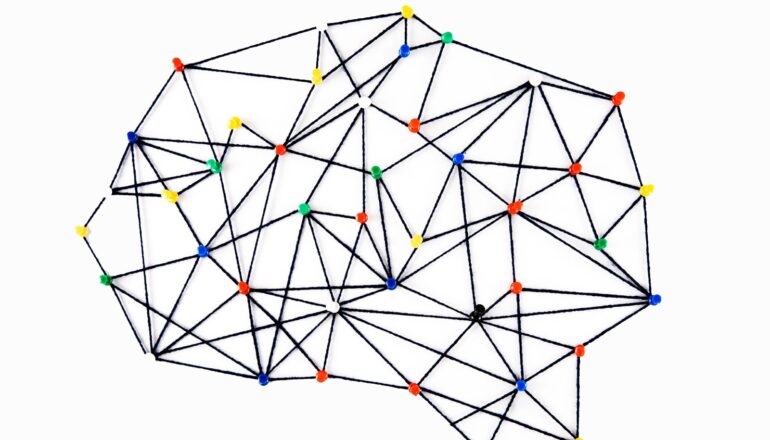Listen: Why neuroscience hasn’t cracked brain disorders
- A neuroscientist argues that the traditional “domino” view of the brain, where one broken piece can be fixed, has held back progress in treating conditions like depression and Alzheimer’s.
- The traditional view has led to frustration with slow progress despite powerful technologies and billions of dollars invested in neuroscience research.
- Rust suggests embracing the brain’s true nature as a complex, dynamic system more like the weather than a machine, rather than trying to treat it like a broken machine.
- She explains that treatments often fail because they don’t account for the intricate interactions between different parts of the brain and the individual’s unique experiences and environments.
- Rust believes that a new era of brain research, powered by models, feedback loops, and fresh ways of thinking, may finally deliver the cures that have long eluded us in treating conditions like depression, Alzheimer’s, and Parkinson’s.

In a new podcast episode, a neuroscientist discusses a “grand plan” to better treat depression, Alzheimer’s, and Parkinson’s after decades of struggles.
For decades, neuroscience has promised breakthroughs in treating conditions like depression, schizophrenia, and Alzheimer’s. Yet despite powerful technologies and billions invested, progress has been frustratingly slow. Why?
On this episode of Big Brains, Nicole Rust, a neuroscientist at the University of Pennsylvania and author of Elusive Cures (2025, Princeton Press).
Rust argues that the traditional “domino” view of the brain—where one broken piece can simply be fixed—has held us back. Instead, she says we need to embrace the brain’s true nature: a complex, dynamic system more like the weather than a machine.
Rust explains why treatments so often fail, what makes mood such a scientific mystery, and whether a new era of brain research—powered by models, feedback loops, and fresh ways of thinking—can finally deliver the cures that have long eluded us:
Read the transcript of this episode.
Source: University of Chicago
The post Listen: Why neuroscience hasn’t cracked brain disorders appeared first on Futurity.
link
Q. Why has neuroscience struggled to crack brain disorders despite significant investments and technological advancements?
A. Neuroscience has struggled due to a traditional “domino” view of the brain, where one broken piece can be fixed, which has held us back from understanding the brain’s true nature.
Q. What does Nicole Rust argue is needed to improve our understanding of brain disorders?
A. Rust argues that we need to embrace the brain’s complex and dynamic nature, more like the weather than a machine, rather than trying to fix individual broken pieces.
Q. Why do treatments for brain disorders often fail?
A. Treatments often fail because they are based on a simplistic view of the brain, whereas the brain is a complex system that requires a more nuanced understanding.
Q. What makes mood a scientific mystery?
A. Mood is a scientific mystery because it is influenced by many factors, including genetics, environment, and social interactions, making it difficult to pinpoint a single cause or cure.
Q. Can neuroscience finally deliver cures for brain disorders with the help of new models, feedback loops, and fresh ways of thinking?
A. Rust suggests that a new era of brain research, powered by these tools, may finally be able to deliver the cures that have long eluded us.
Q. What is Nicole Rust’s book “Elusive Cures” about?
A. Rust’s book “Elusive Cures” (2025) explores her ideas on how to improve our understanding of brain disorders and develop more effective treatments.
Q. Where does Nicole Rust work as a neuroscientist?
A. Rust works as a neuroscientist at the University of Pennsylvania.
Q. What is the name of the podcast episode featuring Nicole Rust’s discussion on brain disorders?
A. The podcast episode is titled “Why neuroscience hasn’t cracked brain disorders”.
Q. Who is the author of the transcript of this podcast episode?
A. The transcript was provided by the University of Chicago.
Q. Why has progress in treating brain disorders been frustratingly slow despite significant investments and technological advancements?
A. Progress has been slow because we have been trying to treat individual broken pieces of the brain, rather than understanding the complex system as a whole.

